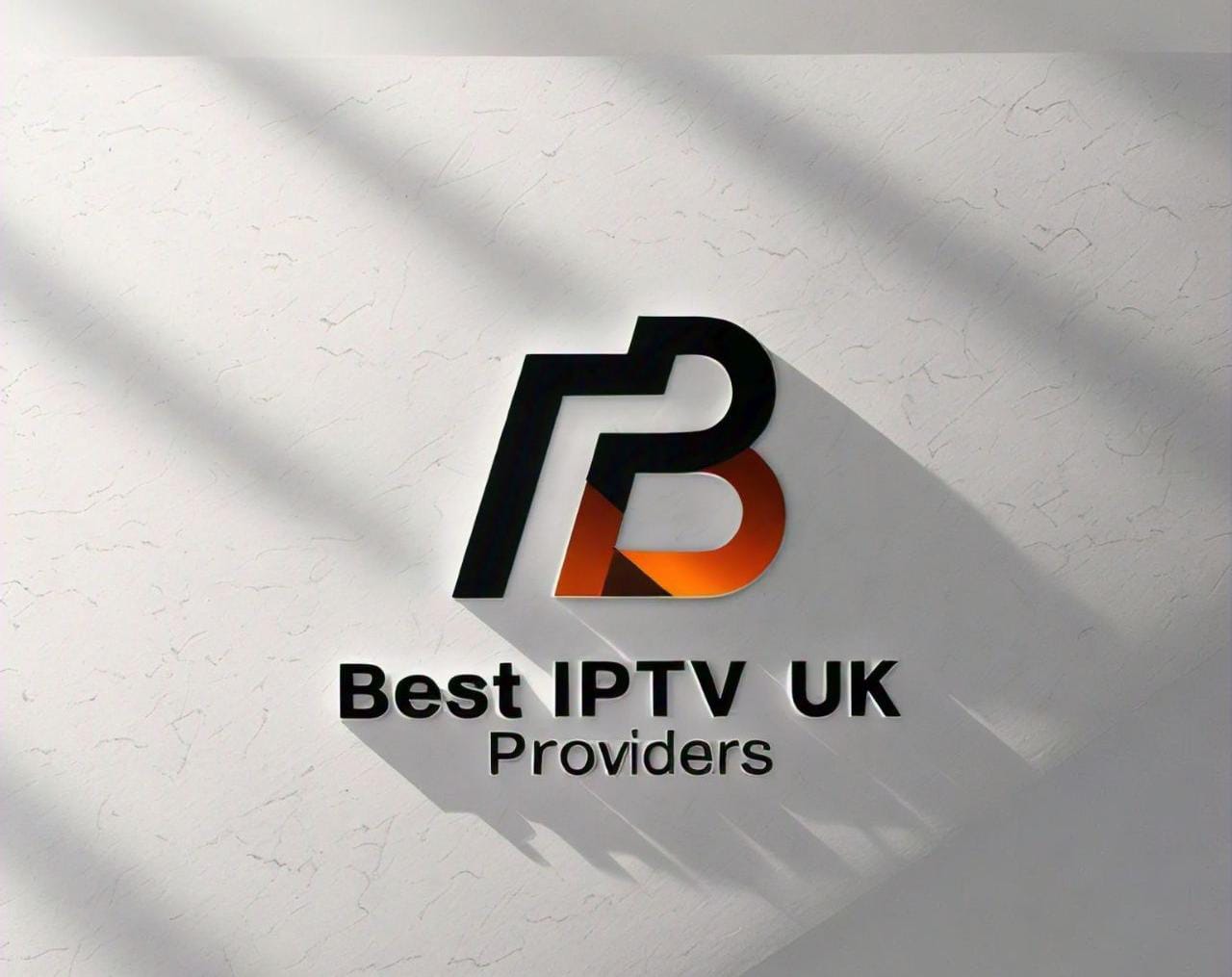What is a Fractional CMO?
A Fractional Chief Marketing Officer (CMO) is an executive-level marketing professional hired on a part-time or contract basis to lead a company’s marketing strategy. Unlike a full-time CMO, a fractional CMO provides the expertise and strategic direction needed without the commitment of a full-time salary. This arrangement is particularly beneficial for small to mid-sized businesses that require high-level marketing insights but may not have the budget or need for a full-time executive.
The Role and Responsibilities of a Fractional CMO
A fractional CMO’s role encompasses a broad range of responsibilities aimed at driving business growth through effective marketing strategies. These include:
1. Strategic Planning: Developing and implementing marketing strategies aligned with the company’s goals.
2. Brand Management: Enhancing brand image and ensuring consistent messaging across all channels.
3. Market Research: Analyzing market trends, competitors, and consumer behavior to inform strategic decisions.
4. Team Leadership: Leading and mentoring the marketing team to execute campaigns and initiatives.
5. Performance Measurement: Tracking and analyzing key performance indicators (KPIs) to assess the effectiveness of marketing efforts and make data-driven adjustments.
Benefits of Hiring a Fractional CMO
1. Cost-Effectiveness: Businesses can access high-level marketing expertise without the financial commitment of a full-time CMO.
2. Flexibility: Fractional CMOs can be hired on a project basis or for a specific period, allowing businesses to scale their marketing efforts according to need.
3. Immediate Impact: With their extensive experience, fractional CMOs can quickly diagnose issues and implement effective strategies.
4. Fresh Perspective: They bring an outsider’s viewpoint, offering new insights and innovative solutions that internal teams may overlook.
5. Network Access: Fractional CMOs often have extensive industry connections that can be leveraged for partnerships, media placements, and more.
How a Fractional CMO Can Transform Your Business
A fractional CMO can significantly impact a company’s growth trajectory. By crafting and executing strategic marketing plans, they can drive brand awareness, increase customer acquisition, and boost revenue. Their expertise in various marketing disciplines ensures that businesses can navigate complex challenges, such as entering new markets or launching new products, with confidence. Additionally, they can instill a culture of continuous improvement within the marketing team, fostering innovation and efficiency.
Fractional CMO vs. Full-Time CMO: Which is Right for Your Business?
Deciding between a fractional CMO and a full-time CMO depends on several factors:
1. Budget: If budget constraints are a concern, a fractional CMO offers a cost-effective alternative.
2. Business Stage: Startups and growing businesses may benefit more from the flexibility and expertise of a fractional CMO.
3. Specific Needs: Companies with short-term projects or those undergoing significant transitions (like mergers or rebranding) may find a fractional CMO more suitable.
4. Team Structure: If a company already has a competent marketing team but needs strategic direction, a fractional CMO can provide the necessary leadership.
Key Skills to Look for in a Fractional CMO
When hiring a fractional CMO, it’s crucial to look for the following skills:
1. Strategic Thinking: Ability to develop long-term marketing strategies that align with business objectives.
2. Leadership: Proven experience in leading and inspiring marketing teams.
3. Analytical Skills: Proficiency in analyzing data and making data-driven decisions.
4. Communication: Strong communication skills to effectively convey ideas and strategies.
5. Adaptability: Ability to quickly understand the company’s market, culture, and challenges.
Industries That Benefit Most from Fractional CMOs
While any industry can benefit from a fractional CMO, certain sectors find this arrangement particularly advantageous:
1. Technology Startups: Need rapid growth strategies and market penetration.
2. Healthcare: Requires specialized marketing to navigate regulatory landscapes and educate consumers.
3. Retail: Benefits from strategic marketing to drive both online and offline sales.
4. Nonprofits: Often have budget constraints but need high-level marketing to raise awareness and funds.
5. **Professional Services:** Require strong branding and marketing to differentiate themselves in competitive markets.
Case Studies: Success Stories with Fractional CMOs
1. Tech Startup Success: A tech startup struggling with market penetration
2. Healthcare Rebrand: A healthcare provider engaged a fractional CMO to rebrand and launch a new service line, leading to a 30% growth in patient inquiries.
3. Nonprofit Fundraising: A nonprofit organization, with the help of a fractional CMO, revamped its fundraising campaigns, doubling donations within a year.
How to Hire the Right Fractional CMO for Your Company
1. Define Your Needs: Clearly outline the goals and challenges you want the fractional CMO to address.
2. Evaluate Experience: Look for candidates with a proven track record in your industry or similar business environments.
3. Check References: Speak with previous clients or employers to gauge their performance and reliability.
4. Assess Cultural Fit: Ensure that the fractional CMO’s working style aligns with your company culture.
5. Set Clear Expectations: Establish clear objectives, timelines, and performance metrics from the outset.
Future Trends in the Fractional CMO Market
1. Increased Demand: As more businesses recognize the value of flexible, high-level marketing leadership, the demand for fractional CMOs is expected to rise.
2. Specialization: Fractional CMOs may increasingly specialize in niche industries or specific areas of marketing, such as digital transformation or sustainable marketing.
3. **Technology Integration:** Leveraging advanced marketing technologies and data analytics will become a key component of a fractional CMO’s role.
4. Global Reach: With remote work becoming more prevalent, fractional CMOs can work with businesses worldwide, offering their expertise across different markets and cultures.
Conclusion
In conclusion, a fractional CMO can provide the strategic leadership and marketing expertise that businesses need to grow and thrive, all while offering flexibility and cost savings. By understanding their role and the benefits they bring, companies can make informed decisions about incorporating this dynamic position into their organizational structure.


















